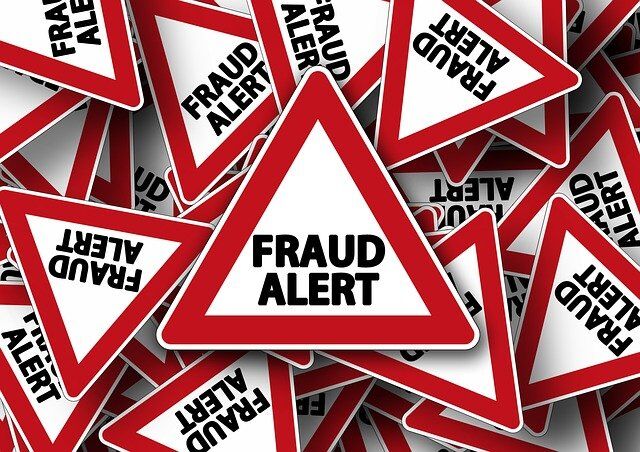Sosa: Signs that remote job posting is a scam and how to not fall for it
November 11, 2021
As the old saying goes, “if it’s too good to be true, it’s a scam.” It doesn’t really say that, but with how times have changed, I’d say it’s pretty accurate. During the Great Pandemic (Covid 2020-?), we have seen a rise in scams. Now we know scammers are always out there. But this time, it’s a bit different, and they are getting better at exploiting our human psychology.
When Covid really hit the USA, we ended up closing many businesses. Many of those workers had nowhere to physically show up to work, so they turned to other kinds of work. One of those options was online remote work.
And it makes sense, but it was the “perfect storm” for scam artists.
Remote Jobs Scam
All scams are trying to get you to give something up so that someone else can take advantage of that something. Remote job scams are no different. Depending on the scammer, the scam may be all about emptying your bank account, stealing your identity or both.
And if you think you can spot a fake job listing and won’t fall for it, think again. According to a September 2020 study from the Better Business Bureau (BBB), most people who fall victims to online job scams are from the ages of 25-34. The majority of those are women.
From that report, it was estimated that the total number of victims falling for these scams was 14 million. That number has certainly been rising since last September. In an interview with ProPublica’s journalist Cezary Podkul for NPR’s All Things Considered, the fake job ads in March of 2021 were about 3,000 but had grown to 36,000 recently.
By 2020, over $2 billion in direct losses had been experienced.
That figure has also grown since the BBB report came out.
How can you spot a fake job posting?
We have all kinds of scammers. Some are savvier than others, so the postings reflect that.
- Always be on the lookout for a few misspelled words; most legitimate business will proofread their work.
- Using the words like “work from home,” “online remote job,” or similar too much in a post.
- Hiring is “immediate!”
- Unlimited amount of earning potential or crazy amounts of money for no work. Yes, we all want easy money, but great money rarely comes without work. At least not for most of us.
- Asking you to do free work upfront for no pay or promise of pay that will come later. This doesn’t necessarily mean that it’s a fake job posting. In fact, I know someone that was asked to do some work before joining a company a few years ago. It wasn’t a scam. But it should make you wary.
- Asking you to give out your personal information like social security number, bank account login information, driver’s license, etc. Never do this on a job application. If you must enter personally identifiable information, enter some gibberish. There is zero need to verify your identity if you are simply applying for a job. The verification step comes after being offered a job, and the proper forms need to be filled out.
- Asking you to cash a check or send a gift card or something similar. This is probably one of the biggest red flags. No legitimate business is going to ask you to send a gift card to them. None.
That last one may seem obvious, but it isn’t.
What can you do?
- For starters, start by having other people look at the job posting for you. Sometimes it’s hard for us to spot the issue if we are too close to it or want it to be true. If it’s the latter, we may get scammed.
- Assume that being tech-savvy doesn’t translate into not being scammed. We are all susceptible to it. The more open-minded you are about that, the more likely you will keep up your guard when looking through these postings.
- Take that job posting that you are suspicious about and do research on that company. See if they have a legitimate website with contact information.
- If you see the posting in many job forums that appear under different company names, that’s a sign it’s a scam.
- In Iowa, we can search for businesses if we know their name and they are incorporated in Iowa. You can go to the Iowa Secretary of State website to search for a business. I’m sure other states offer the same service.
- Never respond to jobs that you didn’t ask for. For example, if you get an email from some “Matt” stating that he found this “job” and thought it’d be a good fit for you, ignore it. If you didn’t ask for the reference, it probably isn’t real.
A note of caution, even if a job posting is coming from a family member, you still need to do your research on it. Recently, I’ve met some people that have fallen for the scam on our campus because the job postings were shared by family members.
There are additional tips at the BBB’s website that you may find useful as well, like having a second bank account when dealing with people you have never met in person.
But ultimately, the most important thing you can do to spot a fake job posting is trusting your gut. Some of the postings are elaborate and come with all the bells and whistles of a real job posting, so they are hard to spot. However, if it really is too good to be true, assume that it’s a scam until proven otherwise. The last thing you want to happen to you during this pandemic is to have money and your identity stolen.







